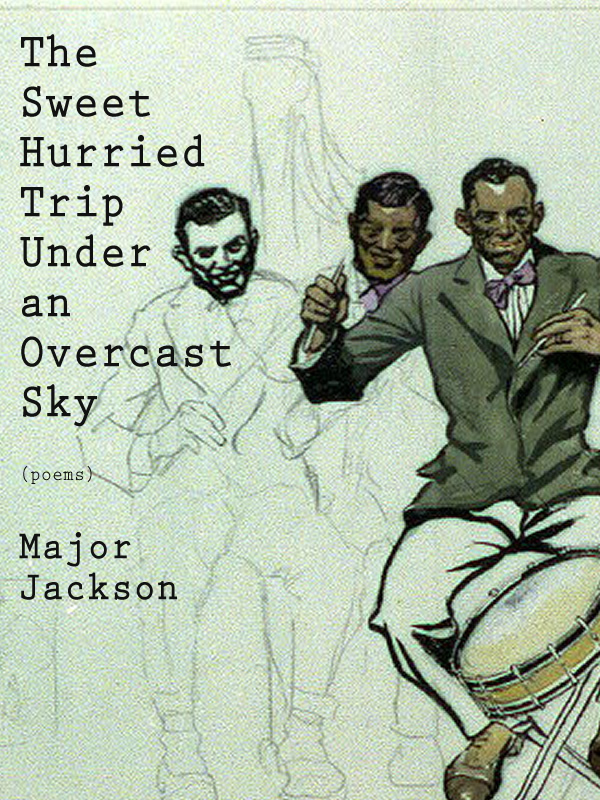Night Steps
I’ll never forget the wind the corner whispered,
nor the windowed darkness that was more
a frame for the world’s high-rise loneliness.
I’ll never forget the days we lingered
beneath our fingerprints and how we were
each other’s private sacrament.
Brooms and mops hung behind doors
like secret agents. The crooks of our knees
ached from all the praying; our astonished hands
could not keep up, being daydreamers
of water towers and such. What monastery would
welcome such after-images like those we spoke?
Electric wires over a bus stop, a fly mumbling
and dodging a swatter, a light brown maid smiling
on a bottle of corn syrup. I’ll never forget
such sprigs of trembling and honeysuckle
nor other forms of desire: the nightsteps
of an upright bass or blue-eyeshadow
like slashes beneath my mother’s brow.


